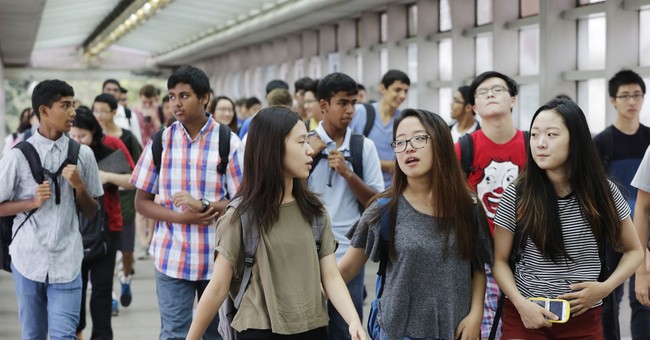
One of the tenets of the pseudo-political religious cult that is Marxism is that capitalism is doomed by its own “internal contradictions.”
Why do I call Marxism a religion? If you look at Marxism through the lens of comparative religion, what do you have? A creation myth. A fall from grace. Redemption. End times. Salvation. It has its own sacred texts and sacraments. Tell a Marxist that Marxism is fake and doesn’t work and what will xir tell you?
In the view of Marx, eventually, a tiny number of people would someday own everything, and this will lead to the final uprising by the oppressed and the Dictatorship of the Proletariat.
It is beginning to look like the peculiar variety of woke Marxism that has held sway in US educational institutions since the late 1960s is also susceptible to its own internal contradictions. Those contradictions are acquiring the velocity of a Himalayan avalanche.
For a system of higher education to function, they require a general agreement across society that such an education is useful. The prevailing view is that colleges or universities provide at least one of four functions: education, credentialing, skill-building, or signaling.
Of the four, signaling is what students and parents are willing to pay big bucks for. What I mean by that is that through its admissions criteria, a university attracts a particular tranche of students. The students attend the institution so that they can say their degree is worth more. The education you get at a minor state university could very well be significantly superior to that you’d get at an Ivy League school where you are taught by a grad student rather than a professor. Still, the downstream value can be measured in millions of dollars over the course of a working life.
The bottom line is that you can get the first three items in a lot of places that do not leave you with north of a quarter of a million dollars in debt upon graduation. What you are willing to pay for is the perceived value of the diploma and the very real value of an alumni network that promotes and mentors graduates of their alma mater that has turned the upper reaches of government and the legal profession into a wholly-owned subsidiary of the Ivy League. This is not a uniquely American phenomenon. In countries as diverse as Japan, India, and France, the possibilities of your career are set based upon the university to which you obtain your undergraduate degree.
The rub comes as woke-ism infects the university system, particularly on the admissions and administrative side, and policies are implemented which allow universities to do their own signaling; that would be virtue signaling.
In 1961, President Kennedy signed an executive order forbidding racial discrimination in higher education. By 1970, the University of Washington law school was establishing racial quotas (DeFunis v. Odegaard). In 1978, a Supreme Court majority led by Lewis Powell created a carve-out to the Equal Protection Clause declaring that racial makeup of universities was a “compelling interest” and, as such, racial quotas could be used in admissions decisions (Regents of the University of California v. Bakke).
The internal contradiction that Marxism attributes to capitalism has now been introduced into educational wokeism. In order to give preference to the correct number of racial, ethnic, sexual minorities, and other minorities, universities had to pursue a two-track admissions program: one for the privileged classes and another for white and “white adjacent,” as Asians are termed, applicants.
There is a problem with this strategy as courts have become more and more skeptical of racial preferences and quotas the further we move from 1964. In 2003, Sandra Day O’Connor mused that the need for affirmative action should probably end in about 25 years (Grutter v. Bollinger). By 2006, Chief Justice John Roberts voted with the majority to strike down racial preferences in public schools. Writing in Parents Involved in Community Schools v. Seattle School District No. 1 he said, “The way to stop discrimination on the basis of race is to stop discriminating on the basis of race.”
It is becoming evident that if colleges and universities use wildly different admissions standards for applicants of differing races, they place themselves in legal jeopardy.
In August of this year, the US Department of Justice found Yale’s admissions program violated federal law
The Department of Justice found Yale discriminates based on race and national origin in its undergraduate admissions process, and that race is the determinative factor in hundreds of admissions decisions each year. For the great majority of applicants, Asian Americans and whites have only one-tenth to one-fourth of the likelihood of admission as African American applicants with comparable academic credentials. Yale rejects scores of Asian American and white applicants each year based on their race, whom it otherwise would admit.
Although the Supreme Court has held that colleges receiving federal funds may consider applicants’ race in certain limited circumstances as one of a number of factors, the Department of Justice found Yale’s use of race is anything but limited. Yale uses race at multiple steps of its admissions process resulting in a multiplied effect of race on an applicant’s likelihood of admission, and Yale racially balances its classes.
The Department of Justice has demanded Yale agree not to use race or national origin in its upcoming 2020-2021 undergraduate admissions cycle, and, if Yale proposes to consider race or national origin in future admissions cycles, it must first submit to the Department of Justice a plan demonstrating its proposal is narrowly tailored as required by law, including by identifying a date for the end of race discrimination.
Yale is just the canary in the coal mine. The entire Ivy League monopoly works in the same way. According to an internal Harvard study, if students were admitted on empirical academic criteria, about 43% would be Asian and 38% white.
If President Trump is re-elected and Justice continues to push back against the idea that if a little discrimination in the service of a good cause is okay, then massive, industrial-scale racial discrimination to further the cause of wokeness has to be God’s work, then every admission scheme by any US college or university that fancies itself as selective is illegal.
In California higher education, the realization has sunk in that if they are to preserve racial preferences, then empirical criteria must be jettisoned. To that end a group of students sued the Univesity of California system demanding that all testing be abolished:
University of California must suspend all use of SAT and ACT scores in admissions, a judge ruled, siding with attorneys representing students with disabilities who argued that those students have not been able to access the tests during the coronavirus pandemic.
The ruling affects six of UC’s nine undergraduate campuses that have gone test-optional, giving students the choice of whether to submit their test scores when they apply.
“There’s never been such a thing as a level playing field to admissions for our most underrepresented students, but this ruling at least evened that field a significant bit,” said Mark Rosenbaum, a director of the public interest law firm Public Counsel, which is one of the firms representing plaintiffs in the lawsuit.
In May, the system’s Board of Regents voted to stop requiring the exams in admissions but allowed campuses to give applicants the option of submitting test scores through fall 2022. Three campuses — Berkeley, Irvine and Santa Cruz — decided not to accept test scores at all, while Davis, Los Angeles, Merced, Riverside, San Diego and Santa Barbara gave students the option to submit them.
In a statement, the UC system said it “respectfully disagrees” with Tuesday’s ruling and is “evaluating whether further legal actions are called for.” UC added that each campus “carefully assessed” whether to use SAT and ACT scores for fall 2021 and fall 2022.
To keep racial preferences that can’t be challenged in court, the system will have no standardized measurement and rely strictly upon, I presume, high school grades and recommendations.
This takes us back to the signaling function of the university. By getting rid of selectivity in admissions, it is doubtful that the $70K annual price tag of going to Berkeley will buy you any more education or advantage than another much cheaper school. It is equally unlikely that going to a traditionally selective school that elects to stay that way will be a good path forward. For the remainder of your life, you will be confronted with the accusation that you went to an all-white/adjacent school.
As Helen Andrews writing at American Conservative points out, we don’t know where this is going. The number of college-age kids is declining each year, putting higher education under an extreme strain in the best of times. With Justice and the woke applying pressure against the very idea of selectivity, the outcome looks grim. (Please give this article a click because Ms. Andrews brought together a lot of stray thoughts on this subject that I’ve been collecting for a couple of months like Irony Alert: How Blatant Racial Discrimination Just Might End Affirmative Action.)
Should academic qualifications count for everything, or nothing? Most colleges think the truth is somewhere in between. But their ability to find a pragmatic middle ground depends on the logical fudges that protect them from civil rights law’s blanket ban on racial discrimination — the “plus factor” rule, or the idea that affirmative action has only beneficiaries, never victims. If judges start striking down these fudges, then the whole edifice of college admissions as it currently exists collapses.
When the Justice Department sued the Virginia Military Institute over sexual discrimination in the 1990s to force the school to admit women, it was helped by the fact that no one in the Civil Rights Division cared if VMI lived or died. The question at issue was whether VMI could perform its particular mission if it went co-ed. When it turned out that the Rat Line just wasn’t the same with ladies present, the feminist lawyers in Washington did not lose any sleep. Oops, we accidentally destroyed an institution beloved by Southern traditionalists. Too bad.
Higher education is on its own Long March, but this one has no destination. The irony of the institution that is most hostile to the American experiment being devastated by the very thing its Marxist leadership has been hoping happens to our nation is nearly too much to bear without a cigarette.
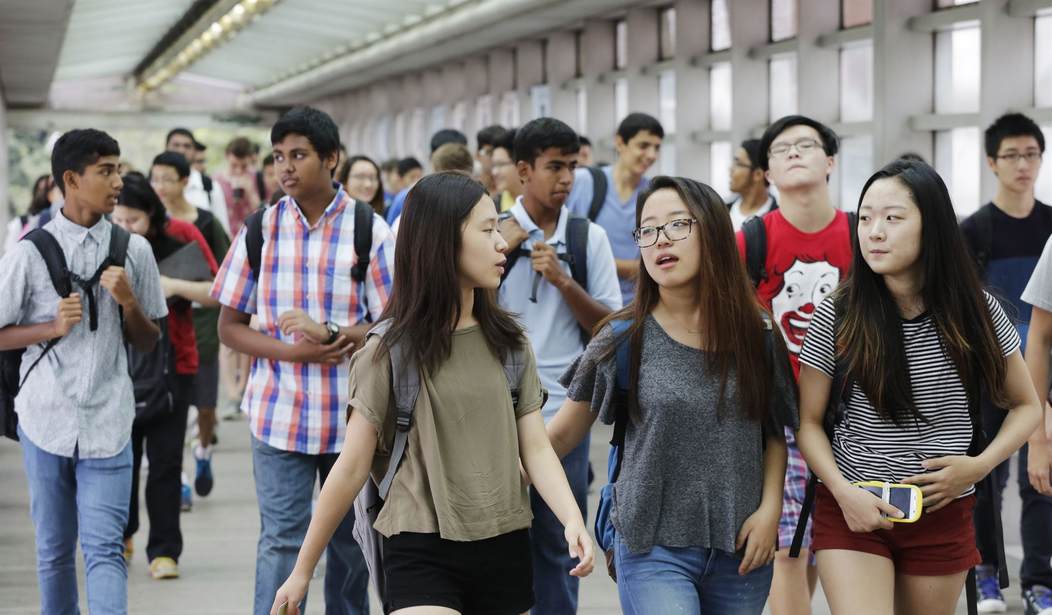



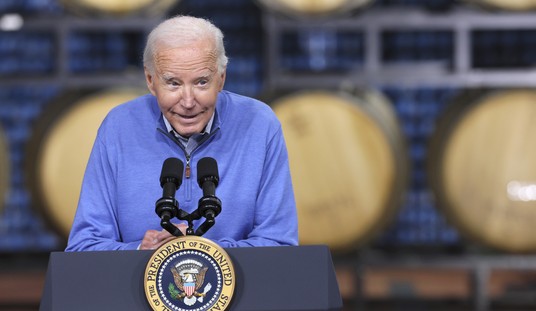



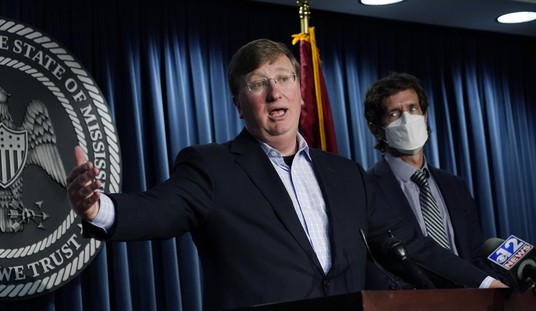

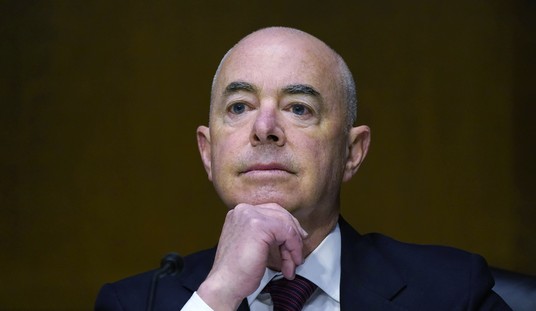
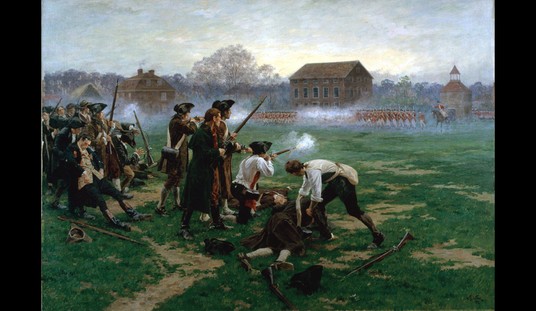


Join the conversation as a VIP Member